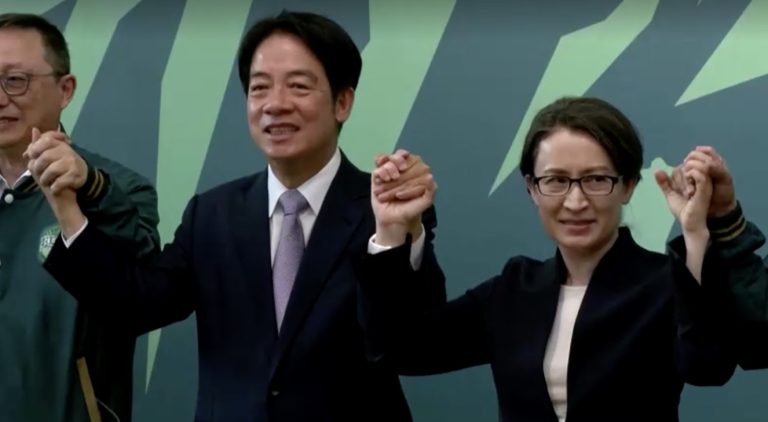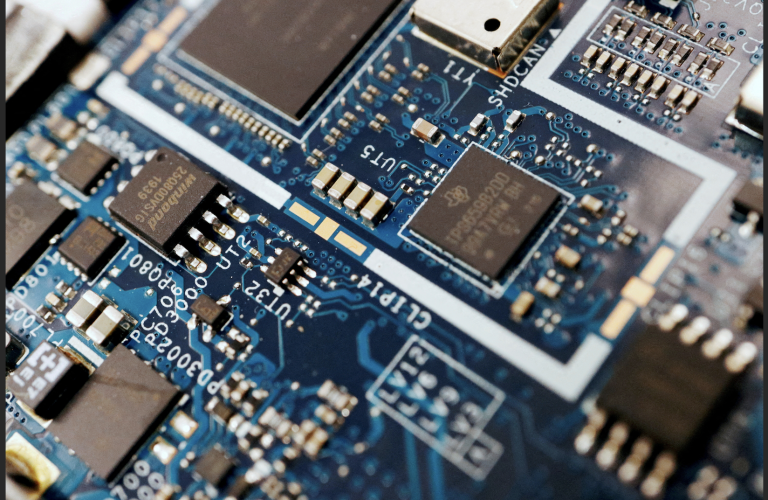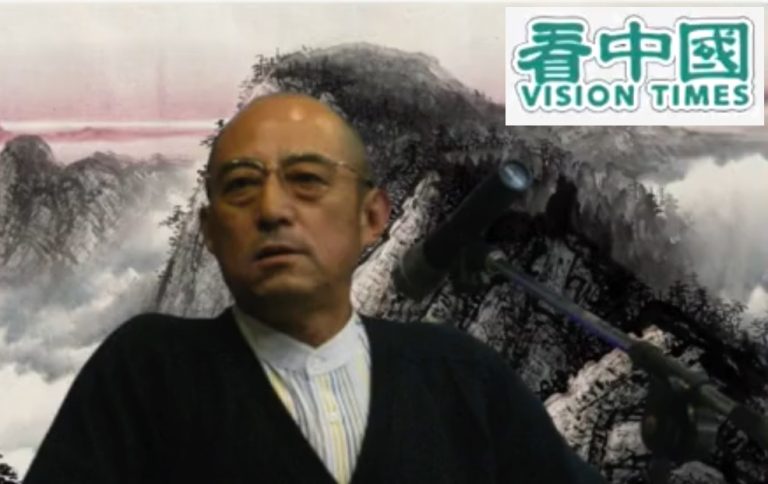William Lai Ching-te of Taiwan’s Democratic Progressive Party (DPP) has become president-elect of Taiwan following a count of votes cast on Jan. 13.
The election gives the DPP a third term in office and is widely regarded as a further rebuke by Taiwan’s citizens of Communist China, which claims the island as part of its territory.
Around 5.6 million people, or 40 percent, voted for Lai, compared with 4.5 million (33 percent) who cast ballots for Hou Yu-ih of the Chinese Nationalist Party (Kuomintang) and 3.7 million (26 percent) votes for third-party candidate Ko Wen-je, according to Taiwan’s Central Election Commission.
A total of 14 million Taiwanese voted in the election, out of 19 million who were eligible.
Lai said he would maintain the status quo in relations across the Taiwan Strait, but that he was “determined to safeguard Taiwan from threats and intimidation from China.”
Success
You are now signed up for our newsletter
Success
Check your email to complete sign up
Taiwan is formally known as the Republic of China (ROC), the government that prior to 1949 governed all of China before it was defeated on the Asian mainland in a brutal civil war with the Chinese Communist Party (CCP).
The CCP recognizes neither the ROC nor an independent Taiwan, but has reserved particular contempt for the DPP, which Beijing’s propaganda calls “separatists.”
The DPP favors a separate Taiwanese national identity apart from China, while the Kuomintang favors dialogue and business with the mainland, though it denies being pro-Beijing.
Lai is currently Taiwan’s vice president under the outgoing administration of Tsai Ing-wen, which leaves office in May. Hou is mayor of New Taipei City, which surrounds Taipei, capital of the ROC.
No party secured the 57 seats needed to form a majority in Taiwan’s 113-seat Legislative Yuan. The Kuomintang won 52 seats (up 14 seats), the DPP won 51 seats (down 10 seats), the TPP won eight seats (up by 3 seats) and independents won the remaining two seats.













